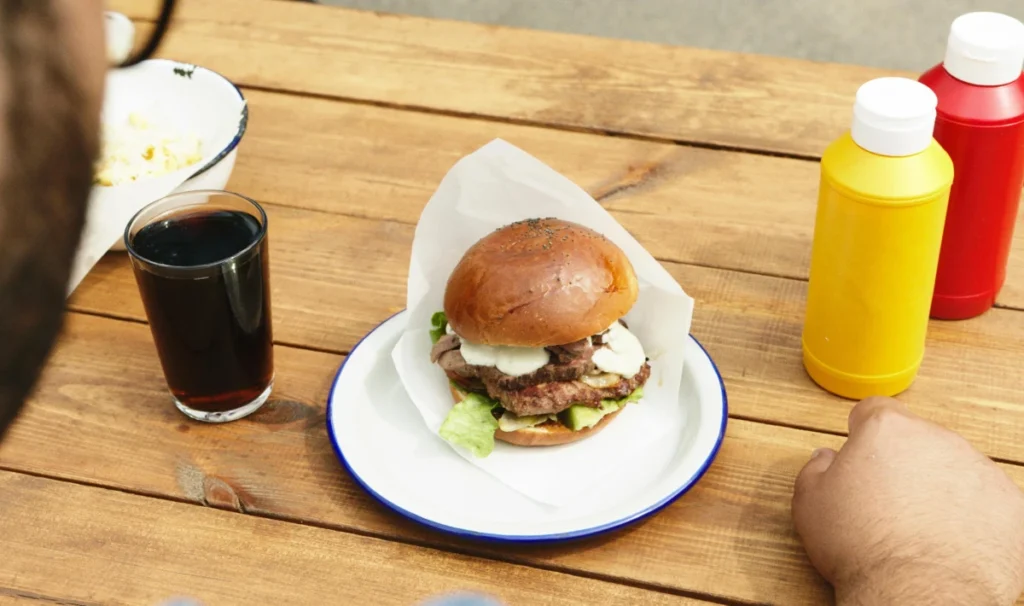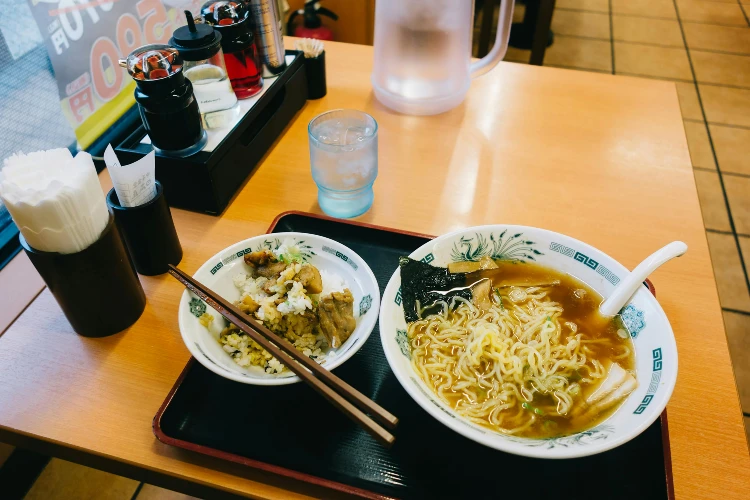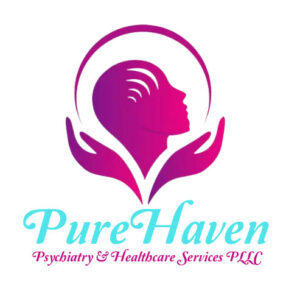Do you find yourself constantly thinking about food, feeling out of control around certain foods, or eating when you’re not even hungry? If so, you might be telling yourself, “I have a food addiction!” And you’re not alone. Food addiction is more common than you’d think, affecting people of all ages and backgrounds. But the good news? There are real, supportive steps you can take to manage it and reclaim control.
In this blog, we’ll dive into what food addiction really is, why it happens, and the best ways to find help. When you’re ready to take the next step, our dedicated psychiatric mental health nurse practitioners are here to guide you. Just book an appointment through our client portal at [CLIENT PORTAL], and we’ll start on the journey to food freedom together.
1. What Is Food Addiction, Really?

When you say, “I have a food addiction,” what does that mean? Food addiction is often a response to how certain foods make us feel. Just like substances like alcohol or drugs, food (especially sugary and highly processed foods) can trigger the release of dopamine, the feel-good chemical, in our brain. This release makes us feel pleasure, satisfaction, and relief—even if it’s temporary.
So, what happens next? You might find yourself craving that same “high” again and again, leading to behaviors like:
- Eating even when you’re full because it feels comforting.
- Feeling guilty but still eating that bag of chips or cookies.
- Making multiple attempts to cut back but finding yourself unable to resist certain foods.
If these behaviors sound familiar, know that food addiction is a real thing—and you’re not lacking in willpower. Your brain may be responding to food much like it would to addictive substances, and it’s likely using food to help you cope with stress, boredom, or negative feelings.
2. Why Do I Have a Food Addiction? Breaking Down the Causes
Understanding why you might have a food addiction can make a huge difference when it comes to finding the right way to treat it. Several factors can play a role in food addiction, from biology and genetics to environmental factors. Let’s break down some of the main causes.
Biology and Brain Chemistry
If you feel like “I have a food addiction,” it’s not just in your head—well, actually, it kind of is. Our brains are wired to enjoy food, especially high-calorie foods, as a survival mechanism. This becomes a problem when modern, ultra-processed foods hijack that natural reward system and make you crave more and more. Foods high in sugar, salt, and fat are especially likely to trigger that dopamine response, making them hard to resist.
Emotional and Psychological Factors
Many people turn to food as a way to cope with emotions like stress, anxiety, and sadness. When you’re stressed out or feeling low, your brain craves that dopamine boost, and food becomes a quick fix. If you’ve had difficult experiences or struggle with self-esteem, food can become a comfort—and this can easily turn into a habit that’s hard to break.
Social and Environmental Factors
Think about how much food is part of our daily lives. From birthdays and holidays to office meetings and social gatherings, food is everywhere! And often, we’re encouraged to indulge—one more piece of cake, a few more chips, a big scoop of ice cream. Over time, these social cues can become ingrained habits that are hard to shake.
3. Steps to Take If You Have a Food Addiction: Getting Back in Control
Once you realize, “I have a food addiction,” it’s natural to feel overwhelmed. But remember, there are plenty of resources and strategies that can help you make positive changes. Let’s look at some steps to get you started.
1. Identify Your Triggers
A big part of managing food addiction is figuring out what sets off the cravings. Take some time to observe when you feel compelled to reach for that snack or meal. Are you bored, sad, stressed, or just feeling a little empty? Recognizing these triggers is the first step to addressing them in a healthier way.
2. Practice Mindful Eating
Mindful eating is about being present with your food and paying attention to your body’s signals. When you slow down and really savor your food, it’s easier to recognize when you’re full, what you truly enjoy, and when you’re eating out of habit rather than hunger. Simple things like putting your fork down between bites or turning off the TV while you eat can make a huge difference.
3. Set Realistic Goals and Boundaries
If you’ve told yourself, “I’m going to quit sugar completely,” only to find yourself eating chocolate the next day, don’t be too hard on yourself. Setting realistic goals is key. Instead of aiming to quit a certain food altogether, start by cutting back or swapping it with healthier options. The goal is progress, not perfection.
4. Seek Support—You Don’t Have to Do It Alone
Sometimes, overcoming food addiction on your own feels impossible, and that’s okay! Support from a professional can make all the difference. Our psychiatric mental health nurse practitioners are experienced in helping people with food addiction understand the root causes and find effective ways to manage cravings and emotional triggers. You can reach out for help and start your journey by booking an appointment with us through our client portal at [insert portal link here].
5. Build a Balanced, Enjoyable Routine
A healthy routine doesn’t mean depriving yourself—it’s about balance. Make room for nutritious foods that fuel your body while still allowing yourself some treats here and there. You’ll be amazed at how a balanced routine can help reduce cravings and make food feel less like a crutch and more like fuel.
Taking the First Step Toward Food Freedom
When you’re saying, “I have a food addiction,” remember that you’re already one step closer to overcoming it just by recognizing the problem. Taking back control is possible, and it doesn’t mean giving up everything you love or becoming a whole new person. It’s about finding a healthier relationship with food, one step at a time, and building a life that feels good inside and out.
If you’re ready to get started, our compassionate psychiatric mental health nurse practitioners are here to support you every step of the way. Book an appointment through our client portal at [CLIENT PORTAL], and let’s work together to help you break free from food addiction and find balance in life. With a little support and the right tools, you can build a healthier, happier relationship with food—and feel empowered along the way!

